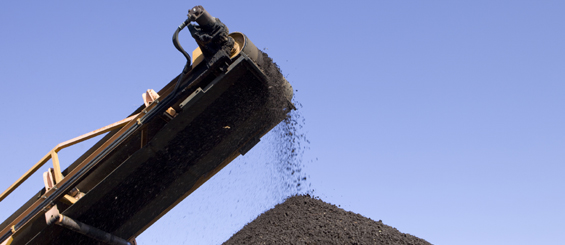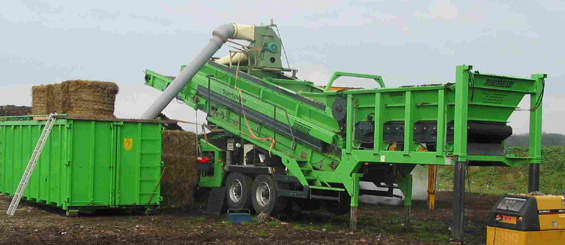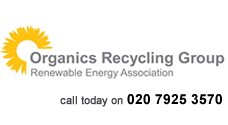Adverts
Latest developments with the Waste Treatment BREF
Summary of the meeting with the Bureau on 27th March
The REA attended a meeting with the JRC-IPTS (i.e. EIPPC Bureau) in Seville on 27th March, within a small delegation of the biological subgroup[1], consisting of representatives from the biowaste industries and the environmental regulators across Europe.
Since the JRC has shown little engagement up to now, the key aim of the meeting was to engage with the Bureau and receive feedback on the approach and work undertaken by the biological subgroup so far (e.g. on the draft contents of chapters 4 and 5 of the WT BREF). We also wanted to understand in more detail how the JRC intends to analyse and use the plant specific data collated from the questionnaires across Europe (see paragraphs below for more detail).
Some highlights from the meeting are:
- The Chair of the biological sub-group (Unico Van Kooten, Dutch Waste Management Association) emphasised the fact that the questionnaire were filled and returned mainly by countries with an established biological treatment infrastructure. We need to be cautious that requirements of the BREF also allow new countries to invest in biological treatment infrastructure (no undue burden while setting realistic standards). This is also important in relation to achieving the Landfill Directive objectives.
- The subgroup commented that the dataset from the questionnaires is insufficiently robust to set operational limit levels.
- The JRC commented that the emission limits in BAT shall be derived from real data, not national regulations. If the data collated are not sufficient, it will not be possible to set these limits (although it may be possible to require monitoring of these data so that in the future such limits can be set based on robust data).
- The JRC said that the first draft of the WT BREF should be released by the end of September 2015, with a commenting period of 8 weeks. The second and final Technical Working Group meeting (after the TWGâÂÂs comments have been considered by the JRC and incorporated in a final document) is unlikely to be before the end of 2016.
- The JRC re-iterated that the work of the biological subgroup on BAT conclusions is welcome, although it is not in the mandate of the group to determine these. They will be based on the data collated, should this be sufficiently robust to enable the drawing of BAT conclusions.
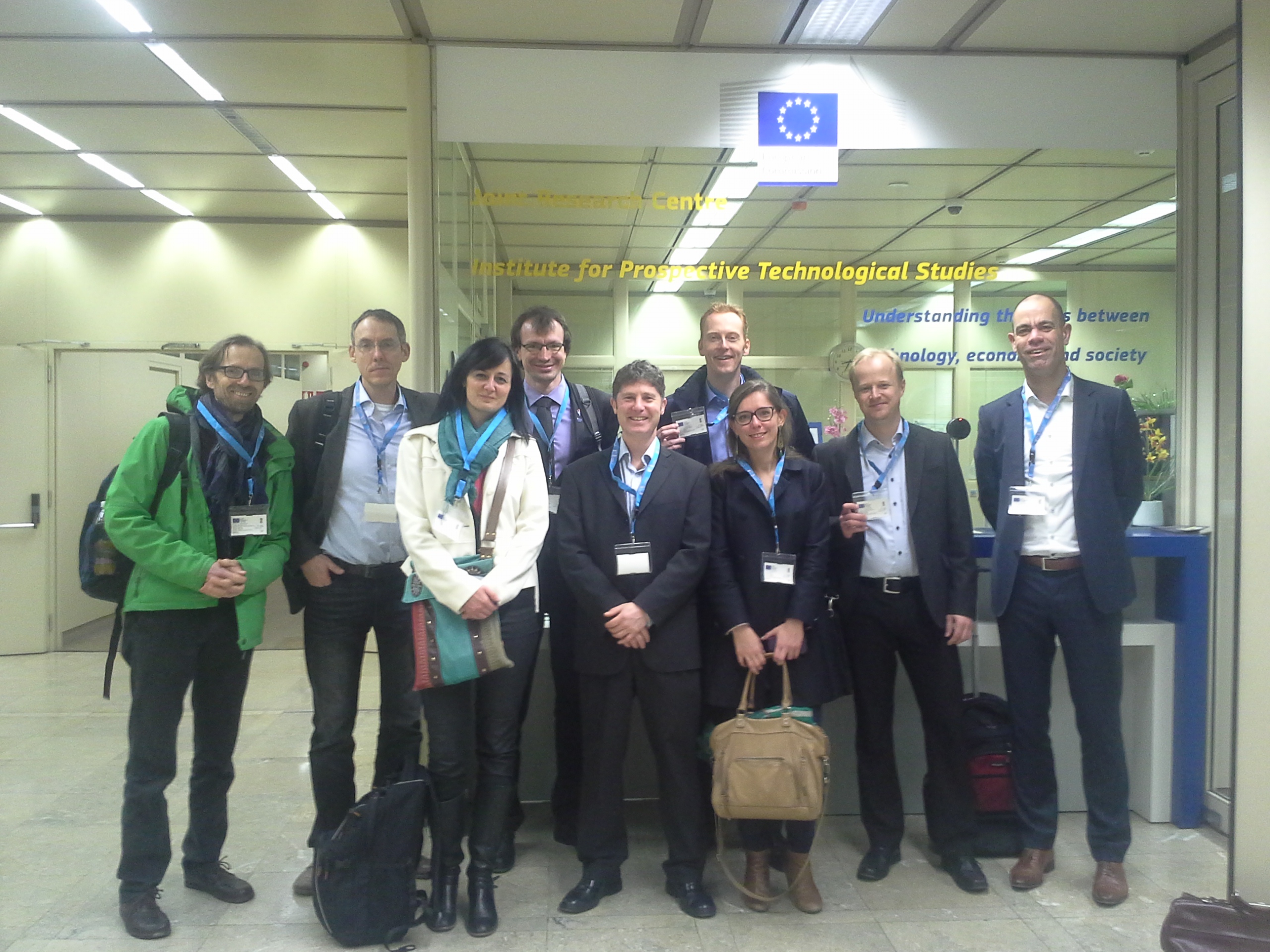
FEADâÂÂs request to the Bureau
FEAD has recently written to the Bureau that they consider it is crucial that the Technical Working Group is involved in the assessment of the data collected through the WT BREF questionnaires. FEAD is the European Federation representing the European waste management industry.
FEAD is of the opinion that the EIPPCB should engage in a joint process with the TWG members in order to develop BAT conclusions and BAT-AELs.
In order to achieve this, FEAD asked the EIPPCB to organise a data assessment workshop before issuing the first draft of the WT BREF. The benefits of such a workshop would be the following:
- To avoid that the subgroups and the EIPPCB develop parallel approaches, and instead to try to increase the understanding between the TWG and the EIPPCB on the development of BAT conclusions and BAT-AELs at an early stage;
- To make sure all data are interpreted correctly, which will be facilitated through involving the member states and industry in the analysing and drafting process;
- To increase the acceptance of the Technical Working Group of the first draft, which will ultimately allow a speedier adoption of the WT BREF.
The JRC agreed that a workshop organised before the release of D1 would be of great value. The workshop could allow to exchange views e.g. on processes description, emission and consumption levels, candidate BAT. However, disappointingly, the JRC said that according to the BREF guidance (Commission implementing decision 2012/119/EU), BAT and BAT-AEL, which are to be discussed during the TWG final meeting, will not be tackled in such a workshop. Given the tight schedule they agreed to only have one workshop and to focus this on the physico-chemical treatment, which is the sector with the most issues to be discussed.
visitor comments
Members' Area
Become a Member!
Join the Organics Recycling Group at the Renewable Energy Association by clicking below.
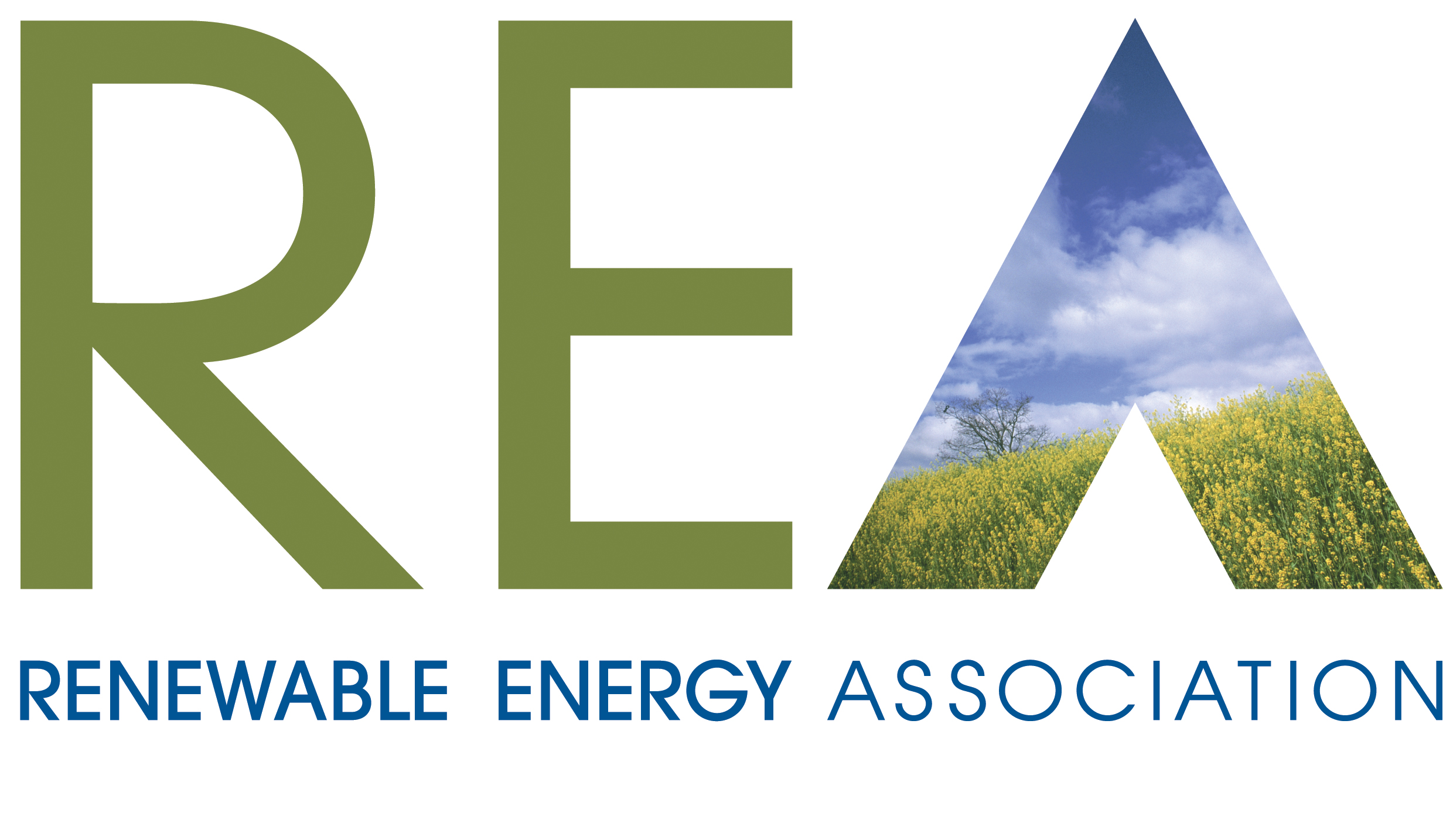

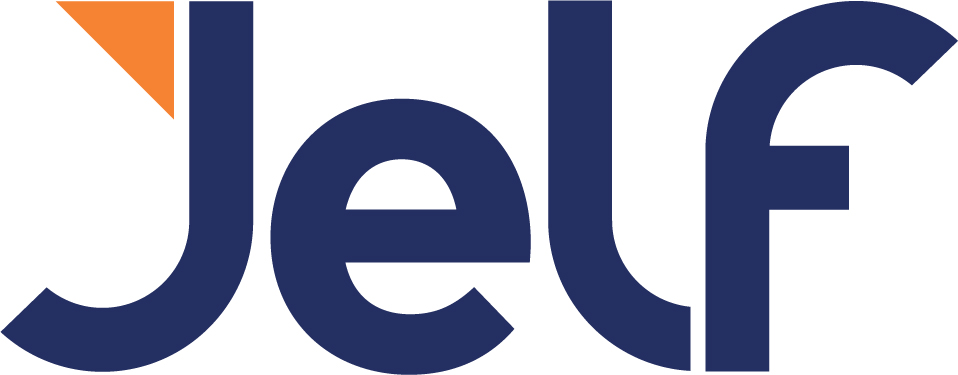

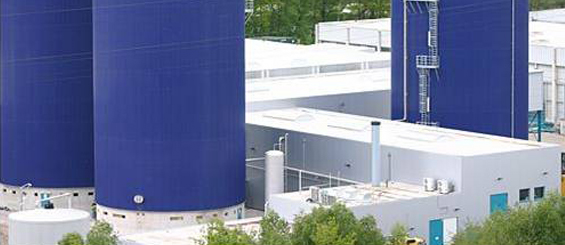
.jpg)
